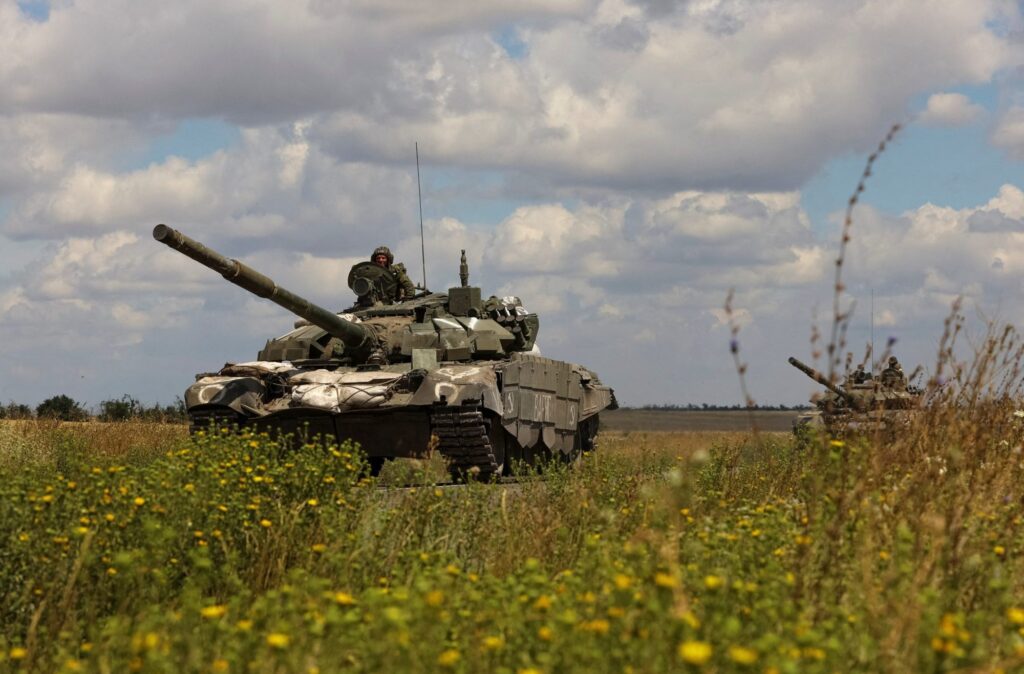This content provides an introduction to the topic of global military power. It emphasizes the importance of understanding the military capabilities of different nations in an interconnected world. The content highlights three major global military powers – the United States, Russia, and China – and discusses their strengths and challenges. It also mentions the significance of regional powers and non-state actors in shaping global security dynamics. The perspectives of top military analysts are presented as a valuable source of insights into global military power. The conclusion emphasizes the need for a nuanced understanding of military power to make informed decisions and ensure peace and security in a complex world.
Decoding Global Military Power: Perspectives from Top Military Analysts
Introduction
In an increasingly interconnected world where geopolitical tensions continue to shape international relations, understanding the military power of different nations becomes imperative. Decoding global military power requires comprehensive analysis and insights from top military analysts who possess expertise in assessing the capabilities, strategies, and potential threats of major military powers. In this article, we delve into the perspectives of these analysts as they provide valuable insights into the ever-evolving dynamics of global military power.
The United States
Undoubtedly, the United States continues to be the preeminent military power worldwide. With a defense budget that is larger than the combined budgets of the next several countries, the United States possesses a formidable military capability. Its technological sophistication, global reach, and logistical prowess give it an unparalleled advantage over any potential adversary. However, analysts also emphasize the importance of adopting agile strategies and advanced technologies to counter emerging threats such as cyber warfare and hybrid warfare.
Russia
Russia remains a major player in global military power, with a well-equipped and highly disciplined military. Experts highlight Russia’s focus on modernizing its armed forces, investing in advanced weaponry and technologies. Additionally, Russia’s ability to conduct asymmetric warfare and its dominance in the realm of hybrid warfare are factors that contribute to its overall military power. However, overcoming challenges related to budget constraints and maintaining its technological edge in the face of global advancements remains crucial for Russia.
China
China has made remarkable progress in recent years, both economically and militarily. Analysts consistently underline China’s ambition to become a global military power on par with the United States. With the world’s largest standing army, China’s military modernization efforts, advancements in cyber and space capabilities, as well as its assertive actions in the South China Sea, have raised concerns among regional powers and international observers. The evolving nature of China’s military strategy and its potential ramifications remain subjects of intense analysis.
Regional Powers
Beyond these global military powers, the perspectives of top military analysts also shed light on the military capabilities of regional powers. Countries like India, France, and the United Kingdom possess significant military capabilities and exercise influence in their respective regions. Their roles in maintaining regional stability, their focus on modernizing their armed forces, and their potential to project power beyond their borders are critical considerations for global security analysts.
Non-State Actors
In addition to nation-states, non-state actors such as terrorist organizations, militias, and insurgent groups also play a significant role in shaping global security dynamics. Military analysts closely monitor the strategies and potential threats emanating from these non-state actors, recognizing their ability to disrupt traditional notions of military power. The rise of non-state actors highlights the importance of adaptable and flexible approaches to counter unconventional threats.
Conclusion
Decoding global military power requires a nuanced understanding of the capabilities, strategies, and potential threats of major military powers. The perspectives shared by top military analysts provide valuable insights into these aspects, enabling policymakers and military strategists to navigate an evolving global security landscape. By comprehending the intricacies of global military power, nations can make informed decisions and adapt their defense strategies to ensure peace, stability, and security in an increasingly complex world.
